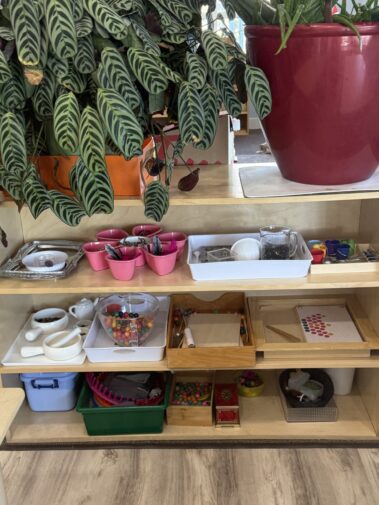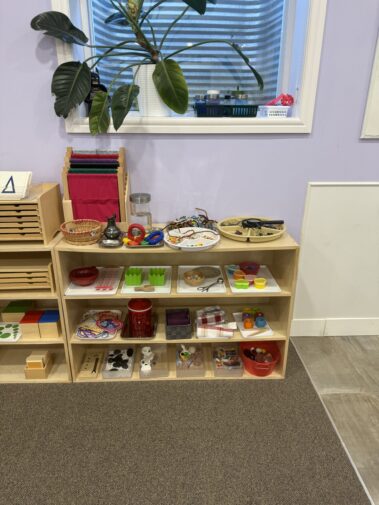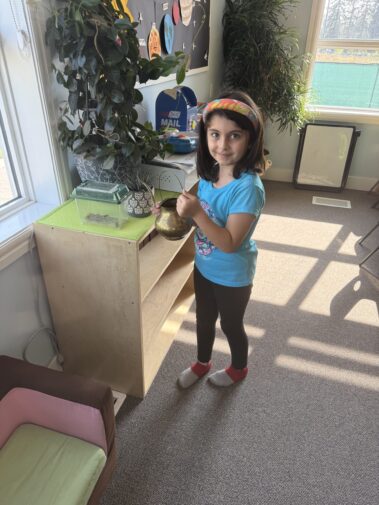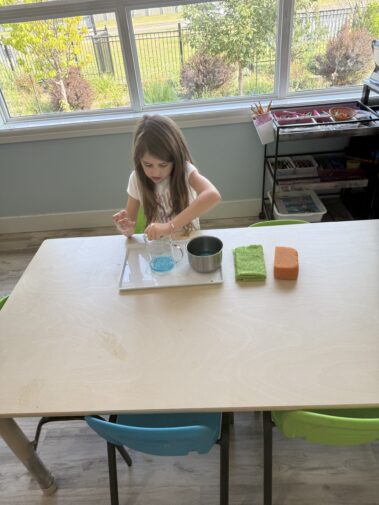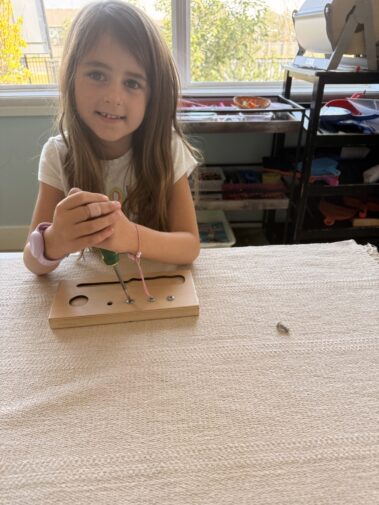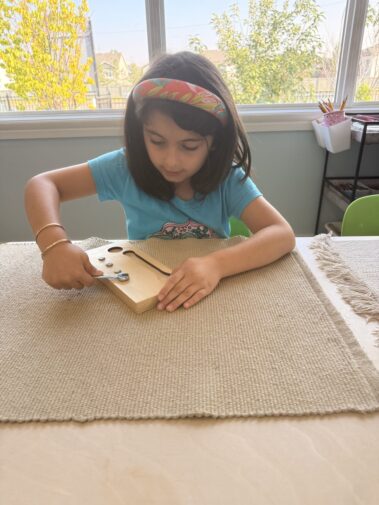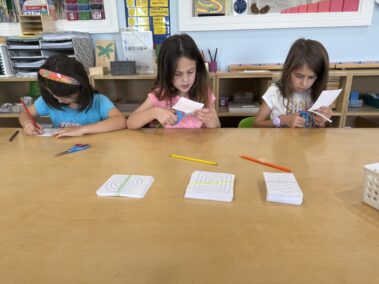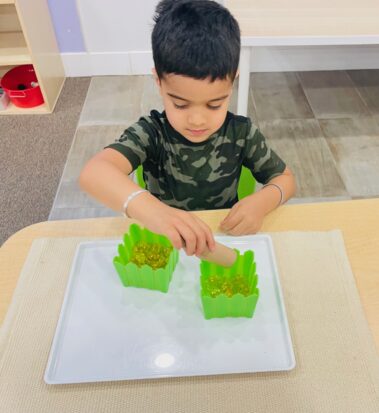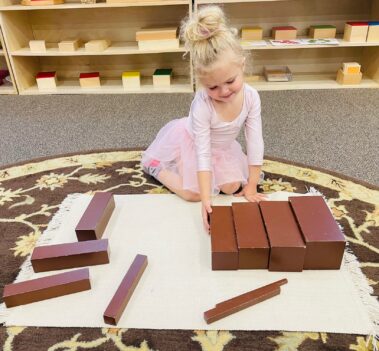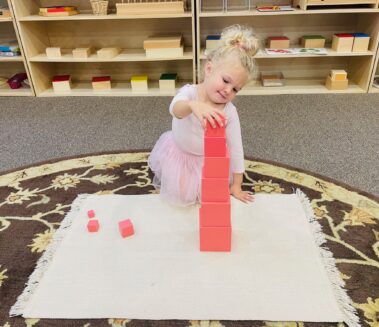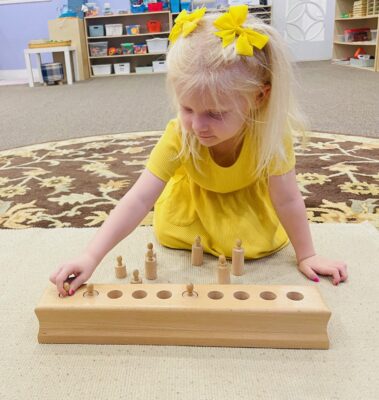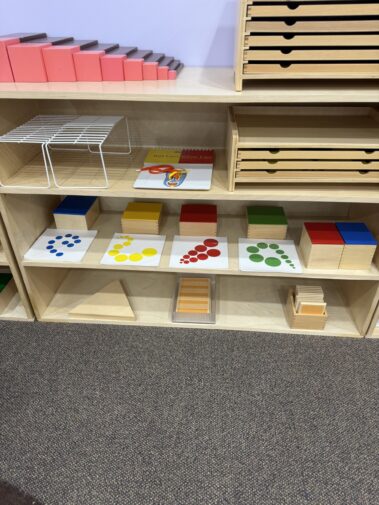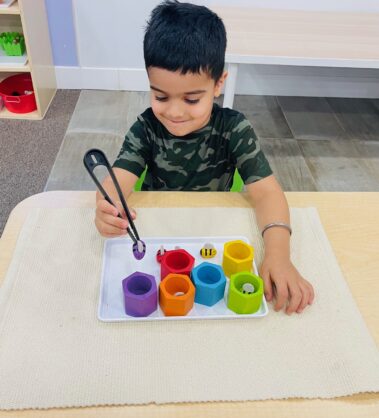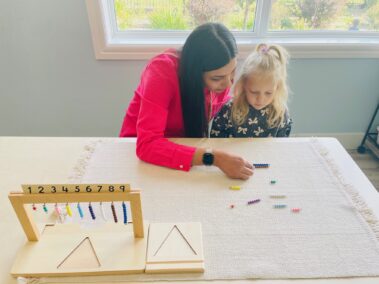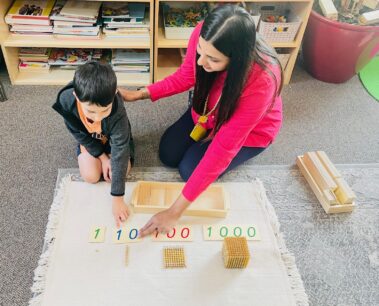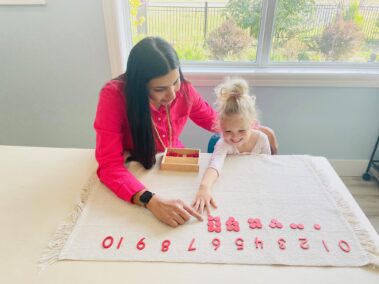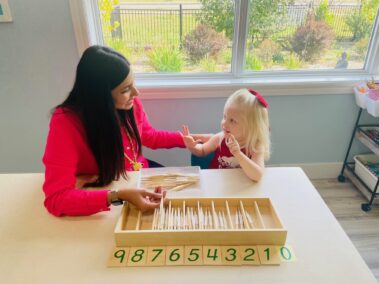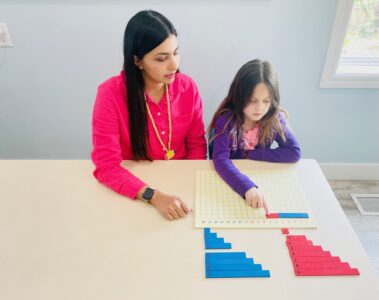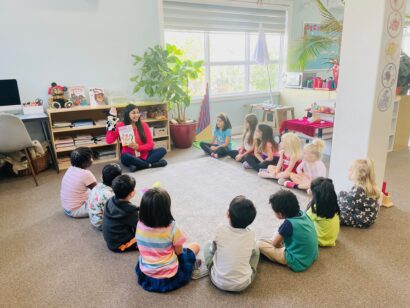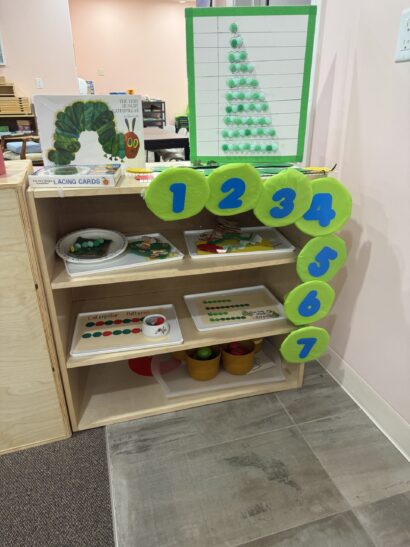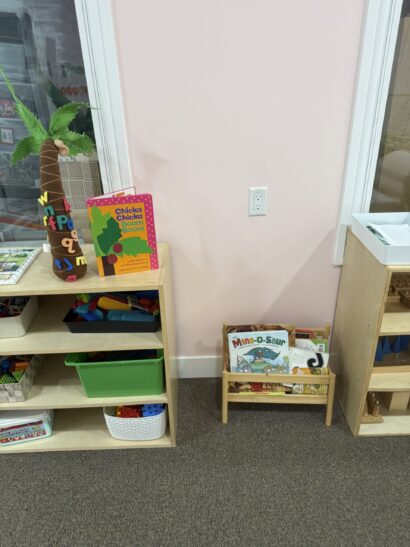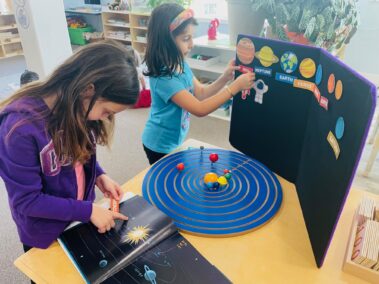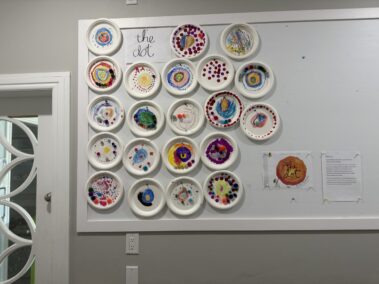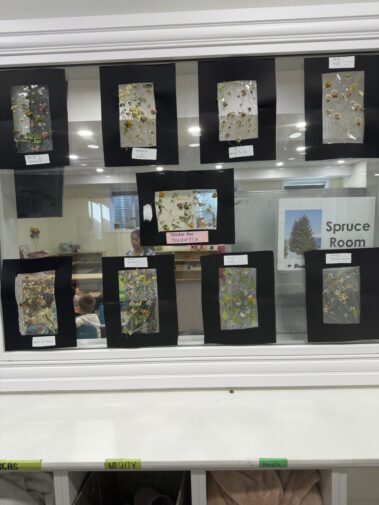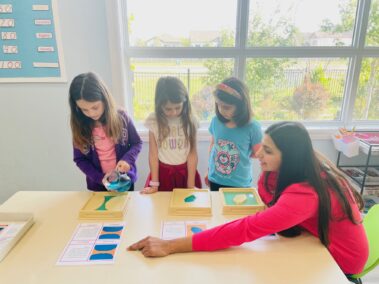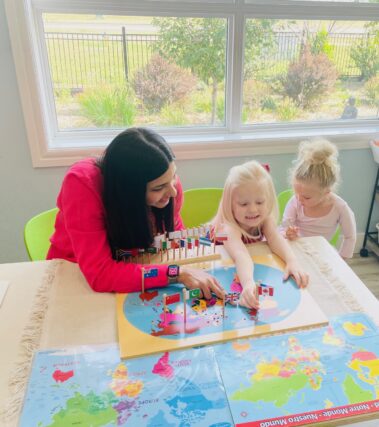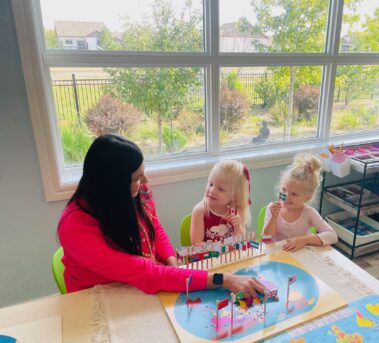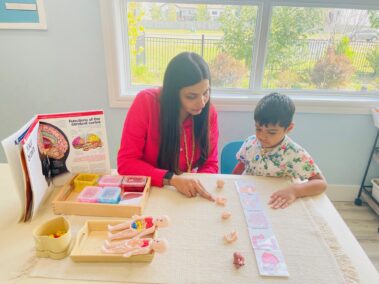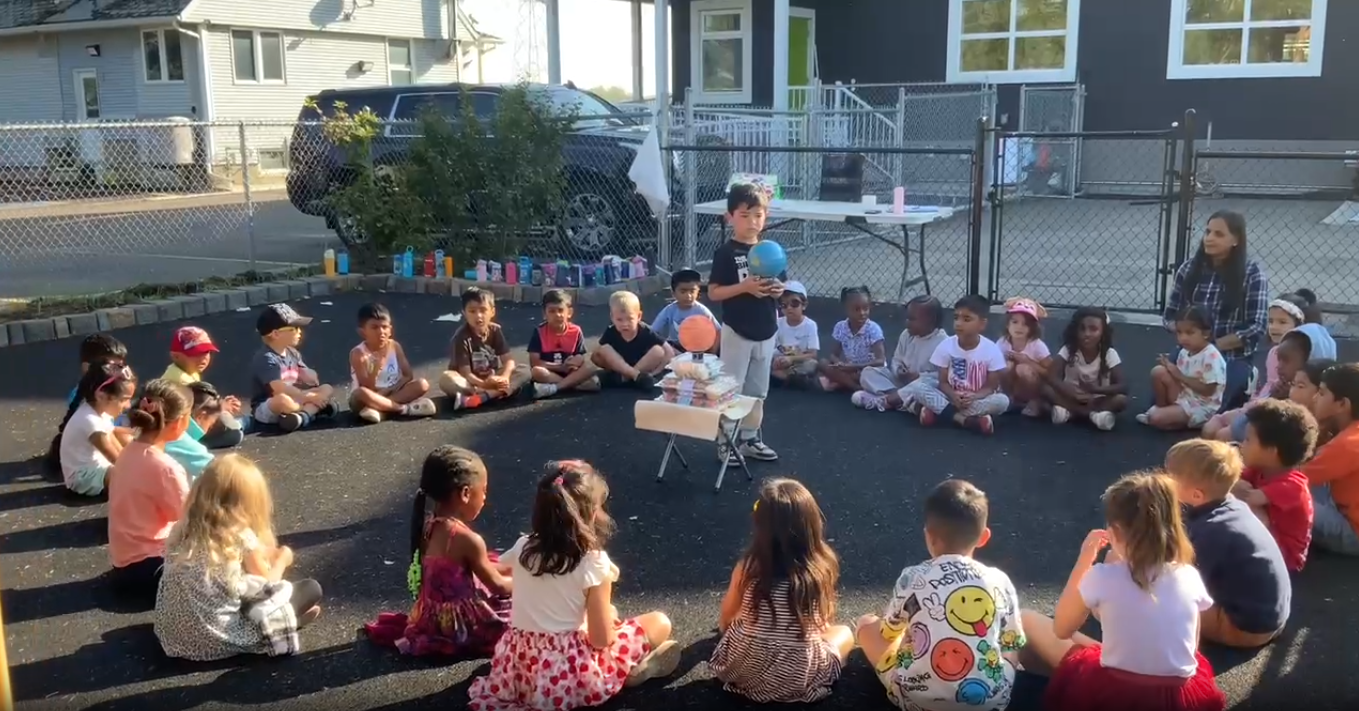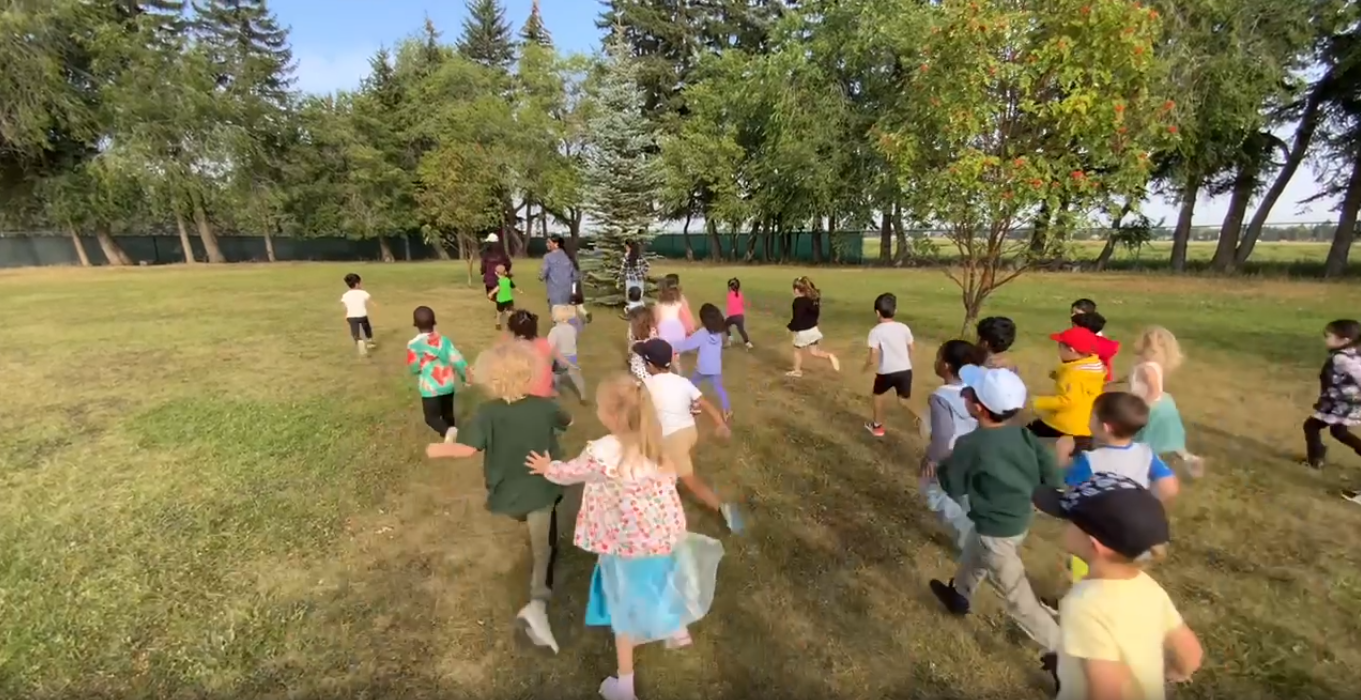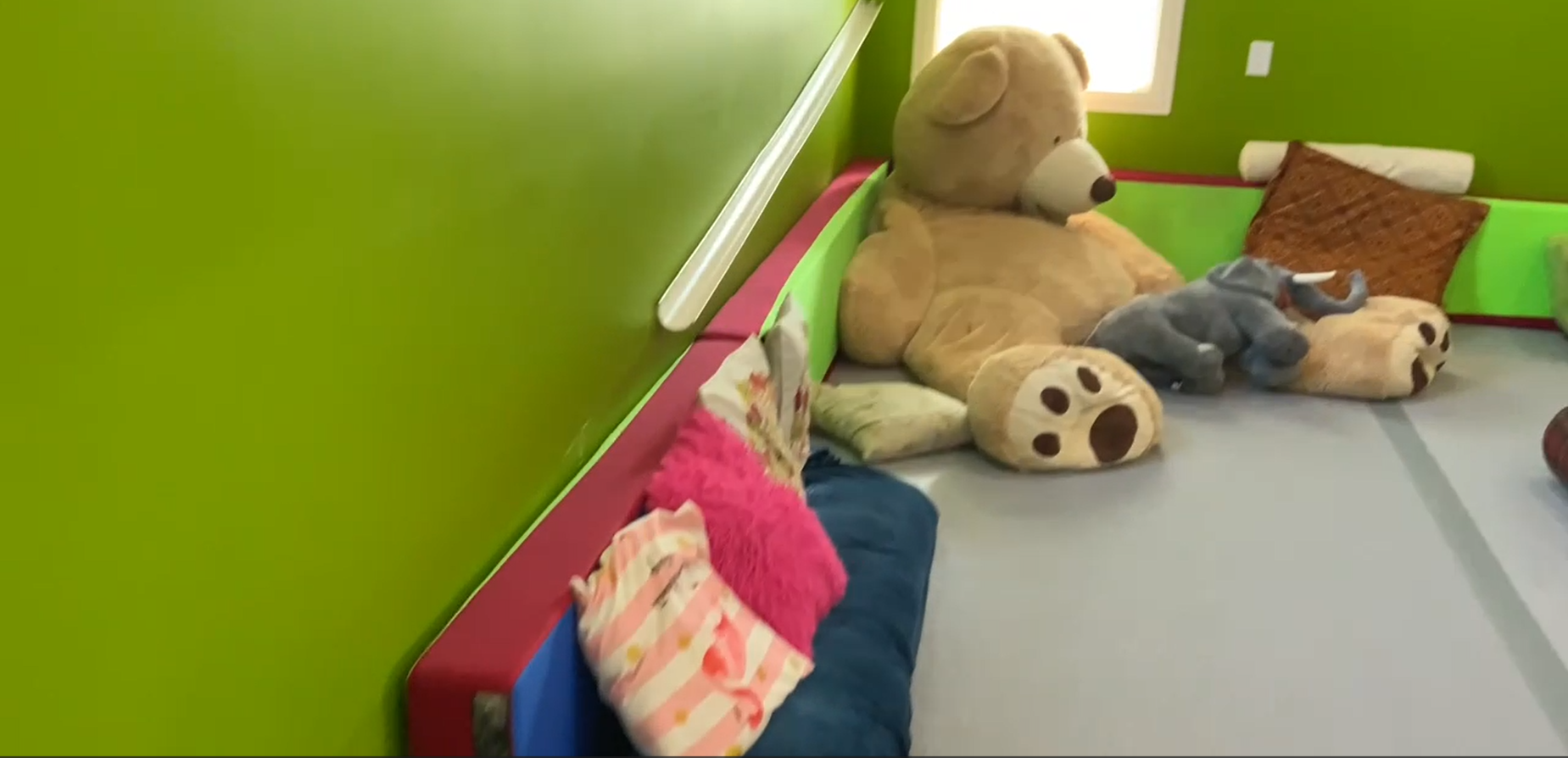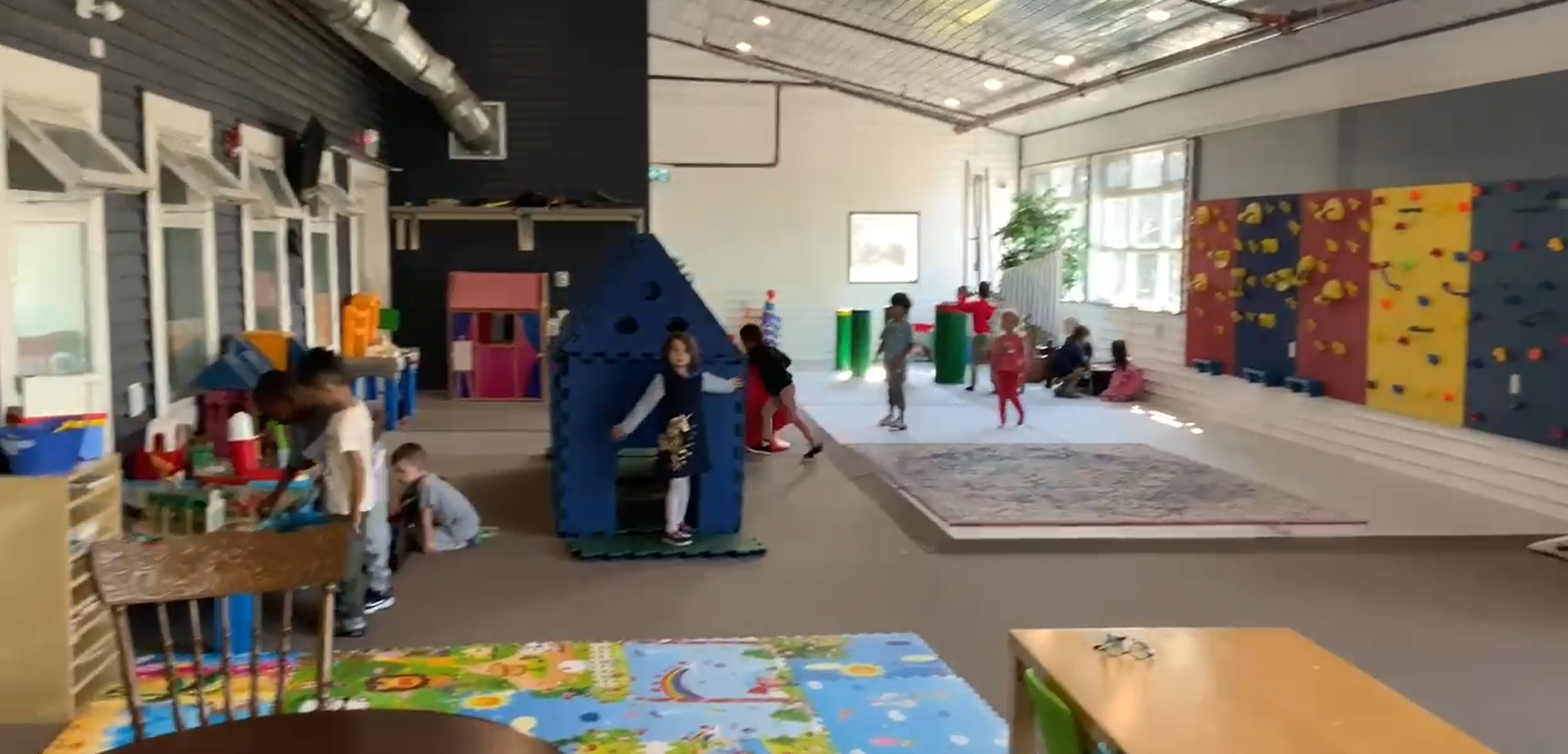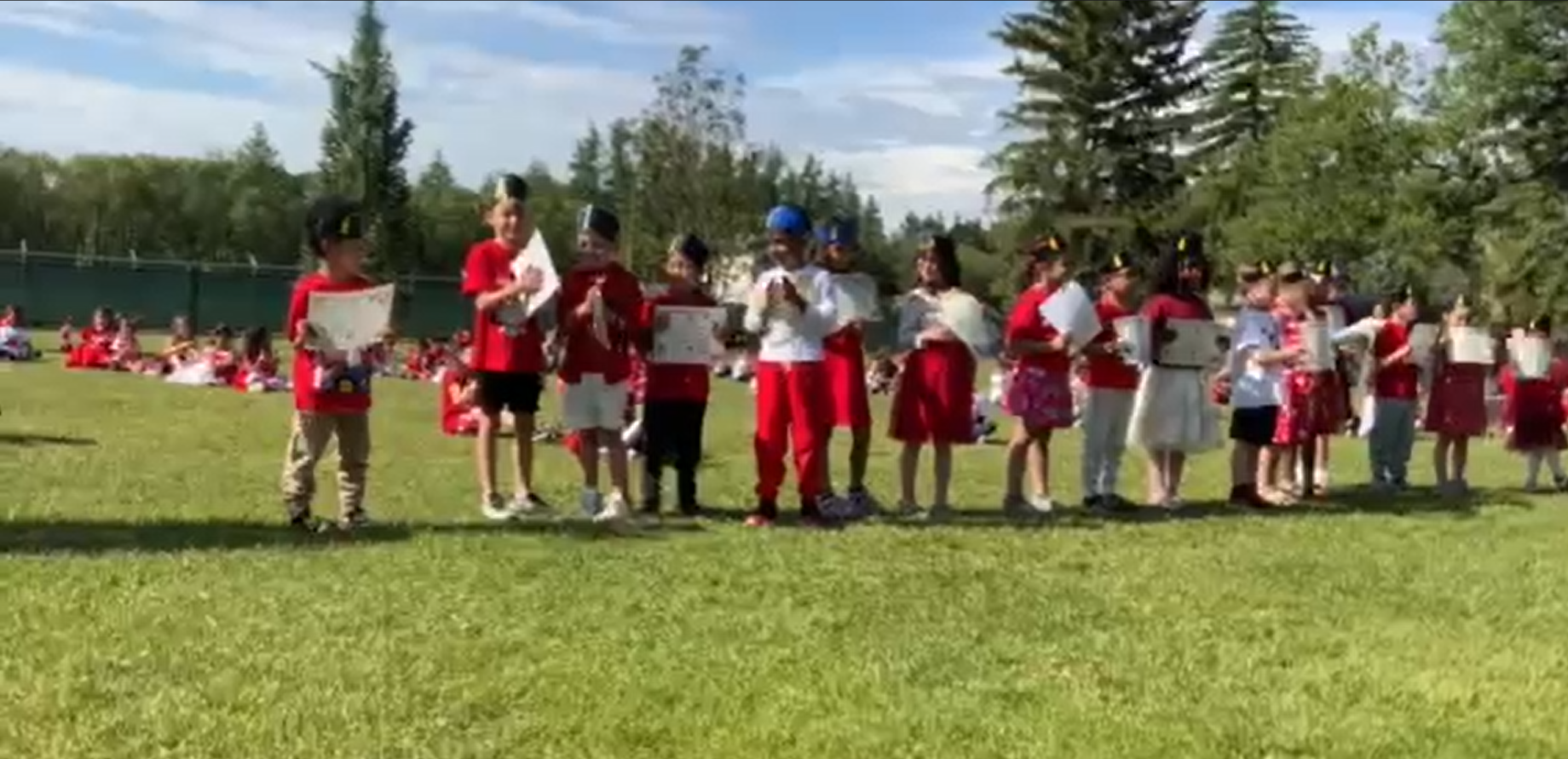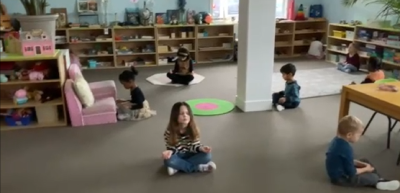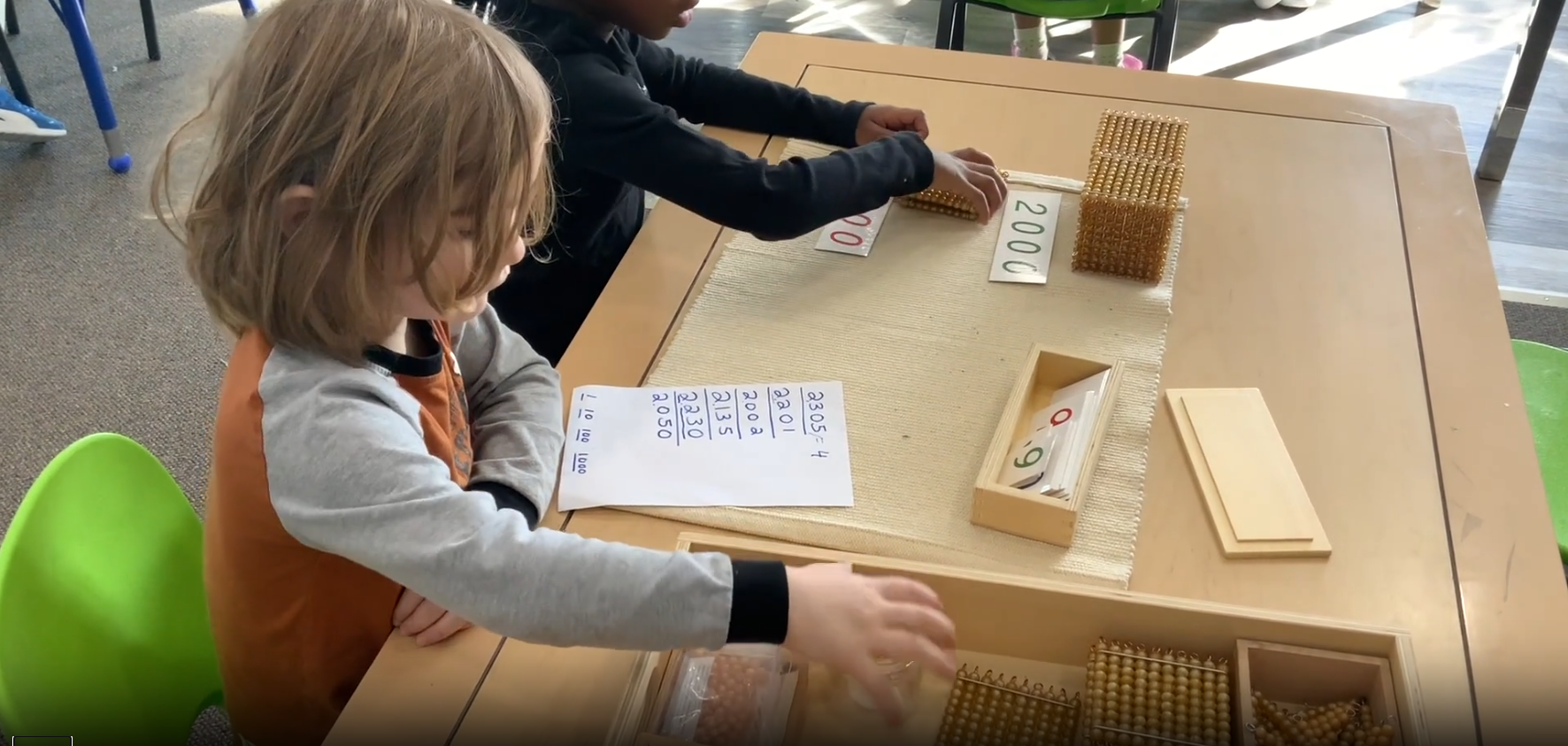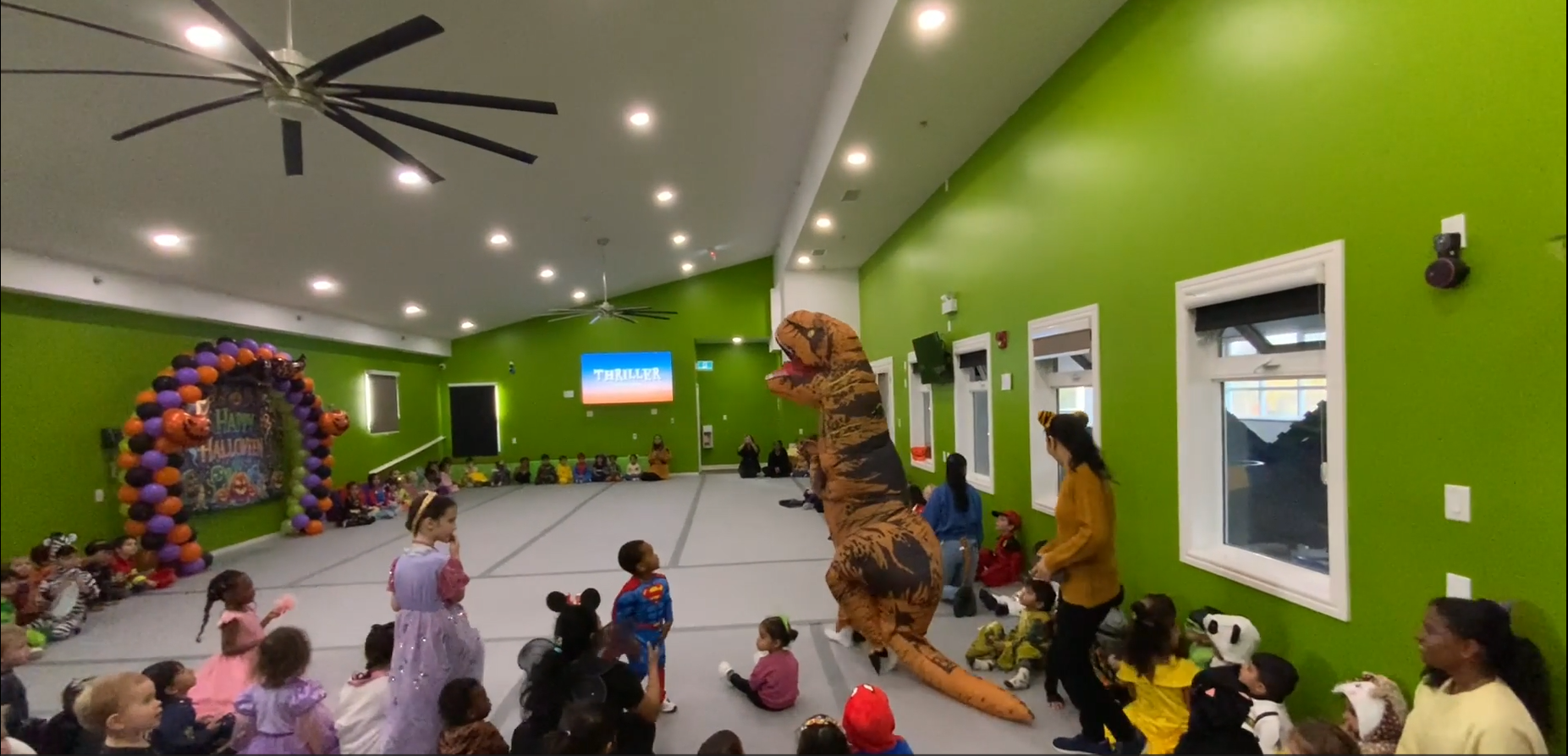The Montessori Practical Life curriculum offers numerous benefits for children by focusing on activities that mimic daily tasks. These activities help children develop:
Independence and Self-Sufficiency
Independence and Self-Sufficiency: By learning to care for themselves and their environment (e.g., dressing, pouring, cleaning), children gain confidence in their abilities and become less reliant on adults.
Concentration and Focus
Concentration and Focus: The sequential nature of Practical Life activities (e.g., spooning beans, folding cloths) requires sustained attention, thereby improving a child’s ability to concentrate for longer periods.
Coordination and Fine Motor Skills
Coordination and Fine Motor Skills: Activities like buttoning, zipping, and cutting enhance hand-eye coordination and strengthen the small muscles in the hands and fingers, which are crucial for writing and other fine motor tasks.
Order and Organization
Order and Organization: The structured presentation of materials and the methodical approach to completing tasks help children develop a sense of order, neatness, and the ability to follow a sequence of steps.
Problem-Solving Skills
Problem-Solving Skills: Encountering minor challenges within the activities (e.g., spilling water, difficulty with a clasp) encourages children to think critically and find solutions.
Self-Correction and Perseverance
Self-Correction and Perseverance: The design of Montessori materials often allows for self-correction, teaching children to identify and rectify their own mistakes, fostering persistence and a growth mindset.
Respect for Self, Others, and the Environment
Respect for Self, Others, and the Environment: Practical Life activities cultivate a sense of responsibility and care for materials and the shared learning space, promoting respect for their surroundings and the people within them.
Preparation for Academic Learning
Preparation for Academic Learning: The skills developed through Practical Life, such as concentration, fine motor control, and a sense of order, lay a strong foundation for more formal academic learning in areas like reading, writing, and mathematics.
Grace and Courtesy
Grace and Courtesy: Many Practical Life lessons also include explicit teaching of social skills, such as how to greet someone, offer help, or move carefully around others, promoting polite and respectful interactions.



